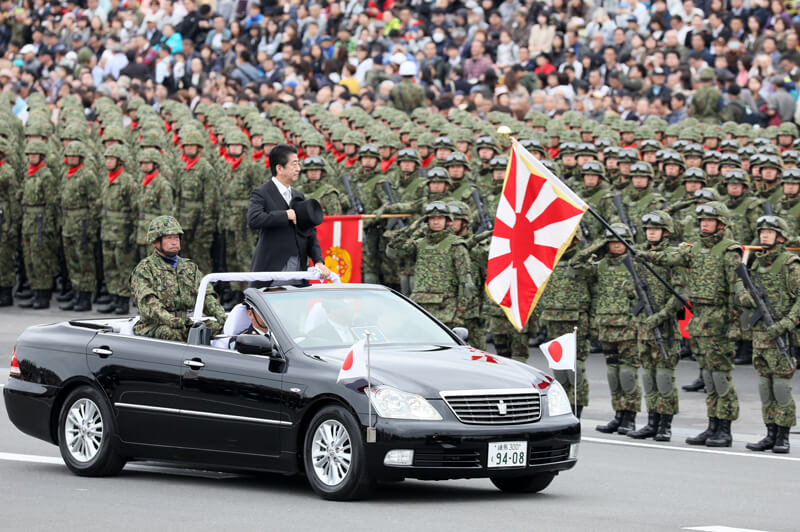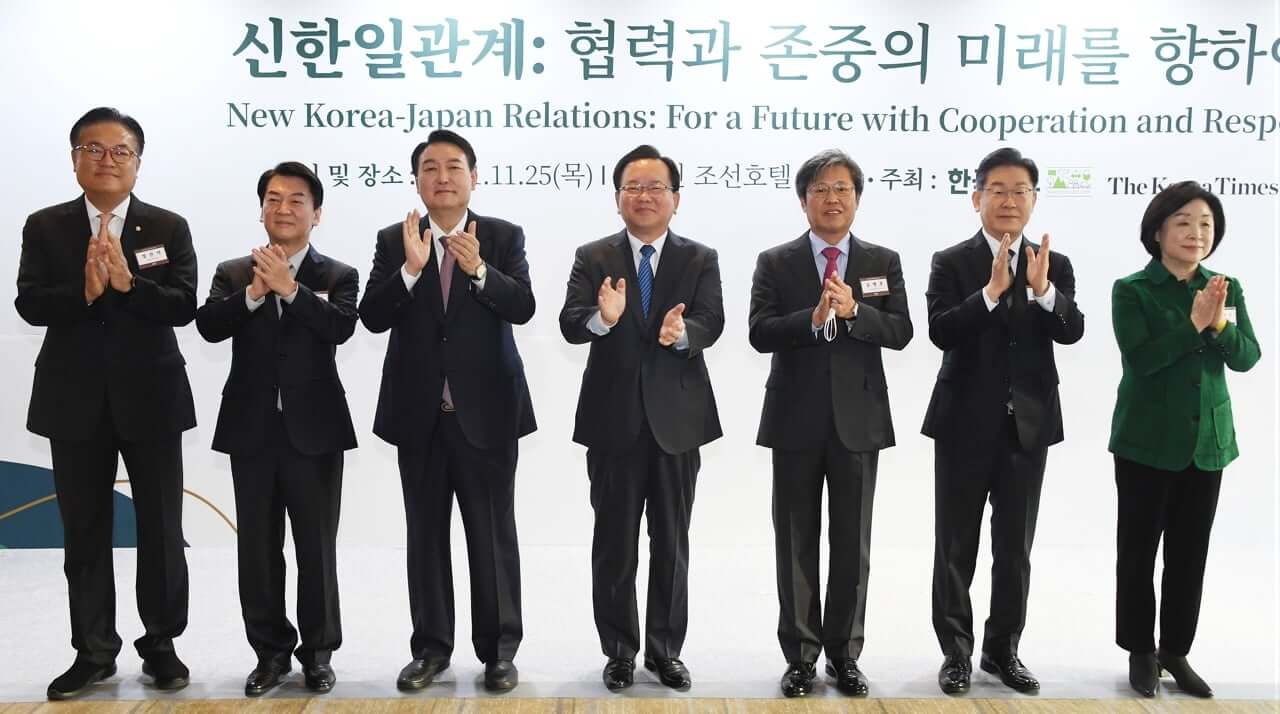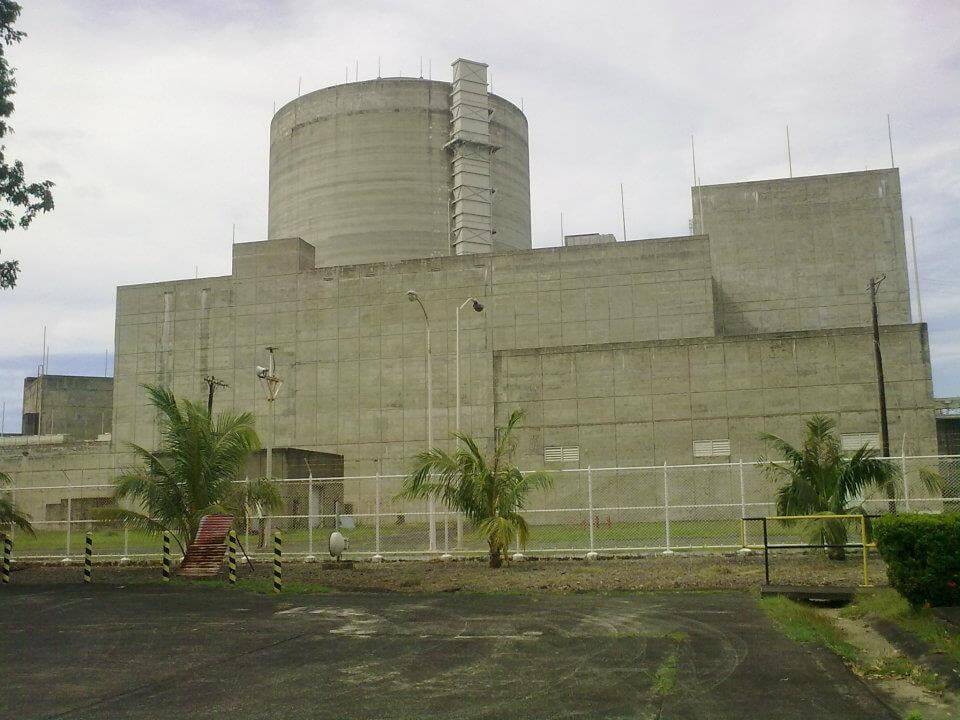Major Presidential Candidates Attend KORASIA Forum.
Source: Republic of Korea National Assembly via
Wikimedia CommonsOn February 15 the South Korea presidential race
officially kicked off and judging from polling, the race is expected to be the tightest in 20 years between the main two contenders, former Gyeonggi province governor Lee Jae-myung of the ruling Democratic Party and prosecutor general Yoon Suk-yeol of the oppositional People Power Party.
Key concerns for voters include a president who can deal with polarised politics and tackle corruption, as well as address soaring housing prices and deepening social inequality.
However, the presidential campaign is perhaps the
most toxic in recent years, as both major candidates have been mired in scandals and petty controversies including
Yoon’s alleged ties to a shaman and anal acupunctioner, as well as his wife’s fabricated resume. Yoon has also been criticised for putting his feet on a train seat without taking off his shoes, citing a lack of citizenship and public etiquette. On the other hand,
Lee has been criticised for his son’s illegal gambling. Lee is also facing a criminal investigation over allegations that he illegally hired a provincial government employee to serve his wife as a personal assistant. Moreover, he supposedly let her misappropriate government funds through his corporate credit card during his time as governor.
The scandals have led to
significantly decreased enthusiasm among voters, disappointed in both main candidates, prompting the rise of a potential kingmaker (or spoiler) in the election. Ahn Cheol-soo, a renowned software entrepreneur and medical doctor
has risen in the polls and even suggested an alliance with Yoon, which was rejected. Meanwhile, Lee has attempted to divert Ahn’s attention by proposing a coalition government to prevent him from siding with Yoon’s party. The election will be held on March 9.




